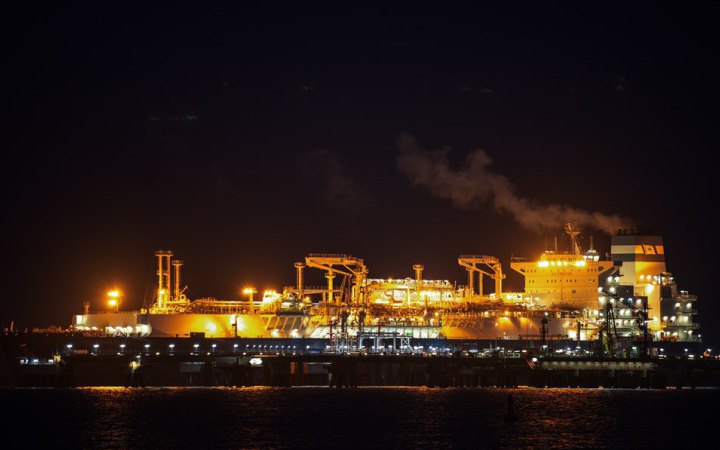In the midst of problems with shipping across the Red Sea, European countries have not experienced an increase in gas prices. This shows that Europe has been able to adapt to life without Russian gas, UP has reported, citing Bloomberg.
Due to the problems with the Houthis in the Red Sea, carriers are forced to use a long delivery route, but these problems have not increased the price of Qatari gas for Europeans, and the cost of electricity has remained stable after the crisis.
According to Bloomberg, it's a strong sign that the worst of the nightmare that sent energy bills soaring and pushed inflation to multi-year highs is in the past.
"Just by looking at prices, it seems that the crisis is over," said Balint Koncz, head of gas trading at MET International in Switzerland. "However, we are now reliant on global factors, which can change rapidly."
"Prices could rise again, even in this heating season, if there’s a sudden supply disruption or an extended period of cold weather," he said.
In addition, Europeans were actively using renewable energy sources, which allowed them to diversify their consumption and weather the crisis.
The factors of a mild winter and slower economic growth also had an impact, which reduced gas consumption needs in industrial giants such as Germany.
However, the problem with the new approach to energy policy, with liquefied natural gas and alternative sources, is that it is less predictable. Europeans will now be more dependent on external factors, such as geopolitical reality, which will affect energy supplies.
A gas pipeline transit agreement between Russia and Ukraine expires at the end of this year — and is unlikely to be renewed — meaning that the continent could get even less gas from Russia. While there's a massive global investment in LNG, much of the new capacity won't come to the market until 2025 and 2026.
"We are still very cautious on what is going to happen next," Stefan Rolle, head of energy policy at Germany’s Energy Ministry said at the Americas Energy Summit in New Orleans.








